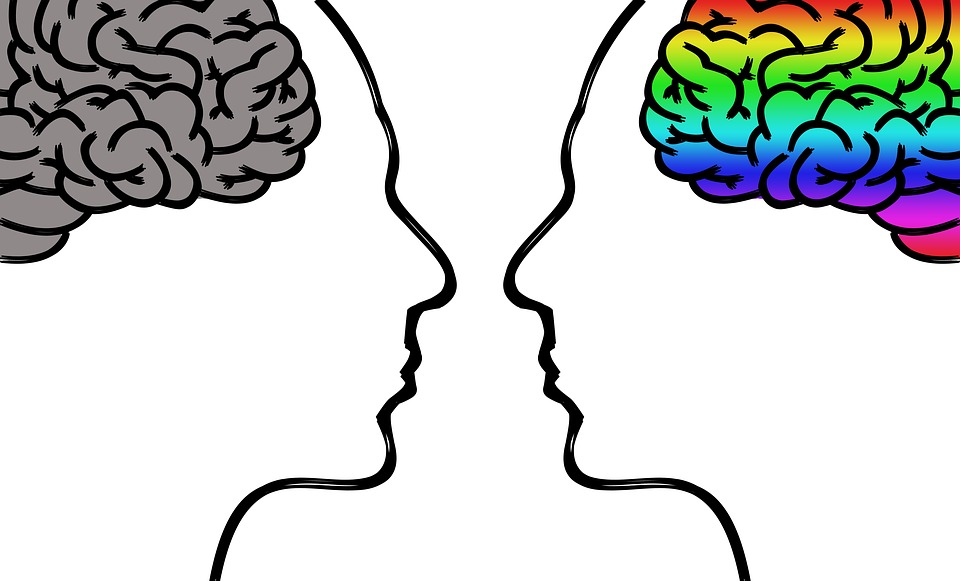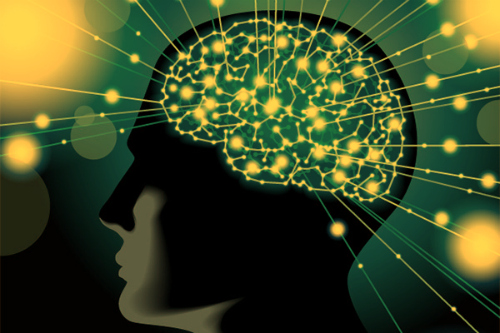
Given the way the health sciences have been taught in medical and nursing schools, it is perfectly understandable for practitioners who engaged in physician or nursing training more than 25 years ago to think the placebo effect didn’t make sense. Instead, it was considered just another popular explanation for a sudden healing–a “spontaneous remission.” It is a leap for many to accept that a person could think or believe something and that this simple act of belief could heal them.
Create Your Reality
Up until the last twenty or so years, research scientists did not have a grasp on how the brain and our emotions worked to create our reality. The subject of emotions has been and still is very much “uncharted waters” in behavioral science. However, what is well documented today is how the various brain waves function. We know what part of the brain each of the various brain waves control and stimulate and, most importantly, what emotions actually are.
The “beta waves” are allow us to focus on the words on this blog and comprehend, in the moment, what is intellectually being communicated. These waves are produced in the frontal lobe, which is the seat of intellectual functioning. Thinking, analyzing, reasoning and so forth occur in this part of the brain.
The “alpha waves” are the slower brain waves which originate in the mid-brain. These allow access to our unconscious thinking or what some refer to as the soul. All thought processes, be it from the beta wave or alpha wave region of the brain, are actually chemical reactions that produce specific proteins that communicate with our immune cell membranes and other cell membranes of our body.
Hope In Action
The specific thoughts we think and the region of the brain they originate in have an identifiable chemistry that has been shown to create dramatic changes in our physical bodies. In Dr. Paul Pearsall’s ground breaking book “The Hearts Code” he tell many amazing mind/body stories. One in particular is a striking example of how powerful thoughts and images are. The is about a schizophrenic patient who demonstrated completely different disease states depending on the personality she was exhibiting. Ultra sounds, cat-scans, and lab tests all confirmed that one of her personalities had a massive cancerous tumor. Yet when she went into a different personality state, all of her previous pathology disappeared.
Our brains are the ultimate manifestors of matter. The chair you are sitting on was a thought before it became that chair. Thoughts ARE “things.” Thoughts in action are what manifest reality. A previous blog mentioned a woman who was cured of her stiffness after the a surgery. Her mind manifested a different set of thoughts through her hopes and expectations for the outcome of the surgery. Her brain waves and proteins created positive chemistry, which communicated with her immune system through its cell membranes. The results: She became healthier and could “stride across the room.”
Positive Outlook
The idea of mind over matter is a powerful one. Nonetheless, this science, and our understanding of its amazing chemistry, is in its infancy stage. In the future we will take the possibility of healing ourselves with thought and imagery for granted just as we do with people having an organ transplant–which was thought unheard of not that long ago.
In the meantime, we can all improve our health, success, and happiness but learning to improve our “self-speak” and reinforce our bodies and minds with positive words, thoughts, and images.
FREE Whole Health Consultations available.
888-354-4325 Take charge of your health!









